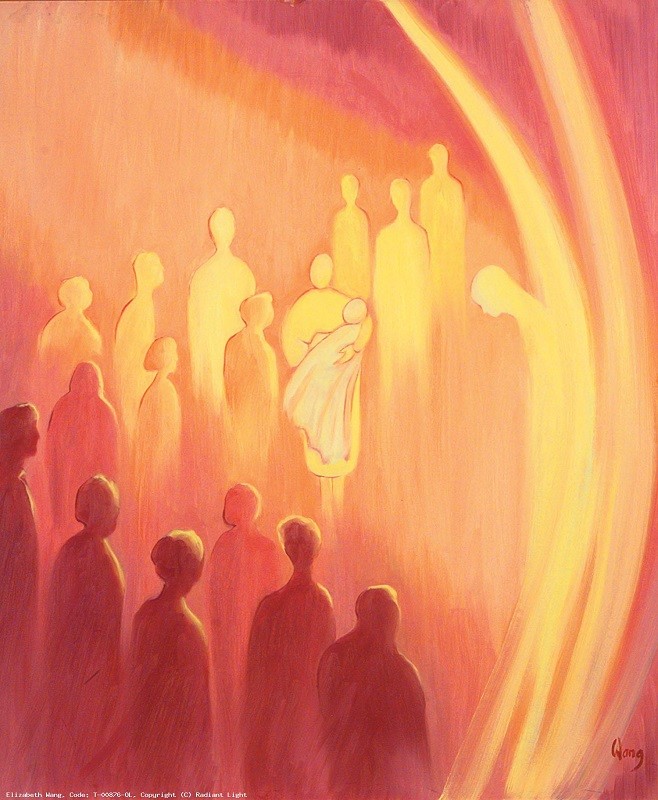Baptism
Baptism is the first of the sacraments, and its effects are profound. The priest pours water over the forehead of the child or adult being baptised. By that sign, he or she is cleansed from sin and adopted as a child of God, no less, and a member of Christ’s Church.
If you are reading this section because you are planning to have your baby baptised – congratulations on the birth of your son or daughter! We look forward to welcoming him or her into the Church, and into the Salisbury Catholic community, just as we delight in any adult who decides to take this all-important step.
INFANT BAPTISM
There are three simple steps:
1. Click the link here and read the content that you find there under ‘Baptism’ and watch the videos.
2. Join one of our Baptism preparation courses. These run throughout the year at both St Gregory’s and St Osmund’s. There are three short sessions and are a great opportunity to focus upon why you want your child baptised and to meet other families at the same stage as yourself and fellow-parishioners who will support you in this faith journey.
3. Complete our online Baptism Application Form which can be accessed
https://c4.pamis.co.uk/salisbury/onlineservices-index?activation=d01cab
Want to speak to someone?
Deacon John Proctor 07802 631968 [email protected]
Deacon Steve Godwin 01722 501864 [email protected]
Caroline Williams 01722 562703

Infant Baptism
For parents who would like to have a baby or young child baptised in our churches. Parents may join a group either before their baby has arrived or after the birth but always prior to their proposed baptism date. Each course comprises attendance at the 9am Sunday Mass followed by a one-hour session alongside other parents for three consecutive Sundays. The courses are relaxed and interactive and aim to help parents understand the commitment that they are undertaking when choosing the Sacrament of Baptism for their child.
Contact the Parish Office, Deacon John Proctor or Deacon Steve Godwin if you would like to know more details before enrolling.

